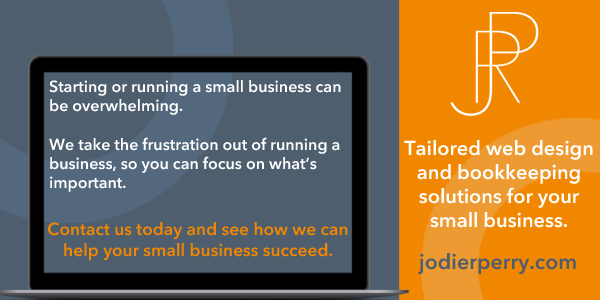If you are starting a business, it is important to create a freelance contract. You want to define the relationship between you and the client, and ensure that your terms are clear. If it is not in writing you can’t expect the client to know how you work.
I am not a lawyer, so this post is not intended to offer legal advice. It is intended to give you an idea of what to look for in a contract and to get the creative juices flowing for your business.
Some of the links in this post are affiliate links. If you purchase using one of these links, I make a small commission at no additional cost to you. This helps me keeps things free for you, and who doesn’t love free stuff. For more information, see my disclosures.
A Freelance Contract Will Define the Relationship between Provider and Client
It doesn’t matter what business you are starting—general administration, accounting, bookkeeping, web design, or something else—a contract is an incredibly important tool to include in your mom bag. Let’s face it, there will be people who will try to take advantage of you, and a contract will be the map that defines the boundaries that you can keep pointing to.
All my client experiences have been good. There was only one client that I had to refer back to the terms in the contract. As a matter of fact, I reworked some of the terms based on the experience with this client. You may find that you need to add or change the terms depending on the clients you work with.
There are a few essentials that you will need in your contract. This will depend on your business and field of expertise. The list is not exhaustive, again, the intention is just to give you an idea of what should be included. It may be helpful to get legal advice or to get help from an online law service like Rocket Lawyer. You can also find a sample agreement on the Mom Bag page (it is only intended to give you an idea of what a contract should look like. I am not a lawyer, therefore, I am not offering legal advice.)
Here are Some of the Common Components to Include in Your Freelance Contract
Your contract should include the following
1. Date of service
When the project starts and if there is a set end date.
2. Names
The name of each party and what each party is referred to throughout the contract.
3. Addresses of both parties
You will need this if you send an invoice to a collection agency or end up in court (hopefully, that will never happen). If you want to send a thank you note or gift, you will also need the client’s address.
4. Services provided
You want to be as detailed and clear as possible. You don’t want the client to go beyond the scope of what was discussed without being compensated for it.
5. Standard procedures
This should list availability, expectation for delivery, rush deadlines and the fees associated with being rushed. Yes, you need to charge a rush fee. As a rule of thumb, a rush fee should be double your standard fee.
6. Payment
This should detail what you are charging per hour or the flat rate fee you are charging for the project. You should also include the cost of any additional services beyond what is listed in the description of services. Finally, detail the client’s is responsibility for any expenses you incur while working on their project.
7. Ownership of the final product
If you are offering creative services this is definitely a must-have. But you should also clearly define ownership for any service provided. It is important to be very as to who owns the works in progress, the final product, and if you have the right to use your creation for promotional use.
8. Termination
All projects will reach a conclusion. Clients can be difficult. You want it easy to terminate an agreement for you and the client. It is important to be clear in this section that the client is still responsible to pay you for your work.
9. Relationship of Parties
This is one of the legalese places that you want to make sure you are clear. The important term is that you are an independent contractor not an employee. Therefore, you set your schedule (woohoo). The client can’t define how you work or tell you when to do it. This is my favorite part of the agreement.
10. Confidentiality
This business is based on mutual trust. There is an expectation for confidentiality, and honestly, you should keep your mouth shut.
11. Miscellaneous
This includes a non-disparagement clause, right to use the work for marketing purposes, indemnity, and a few other things. You can download a sample freelance contract to see everything else that is included.
12. Signature lines
You both need to agree to the contract, so have a place for name, date, and signature.
This list is not extensive. I am not a lawyer, therefore, I am not offering legal advice. I am just a friend wanting to give you an idea of things to include and look for in a contract.
Sign-up for the newsletter to get more tips and tricks for running your business, raising your kids, and, of course, keeping your sanity.











0 Comments